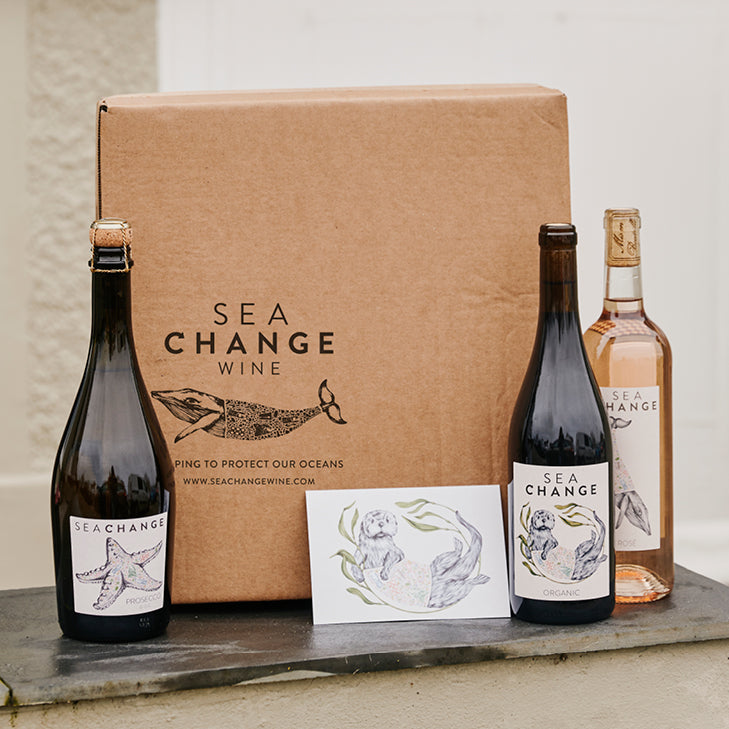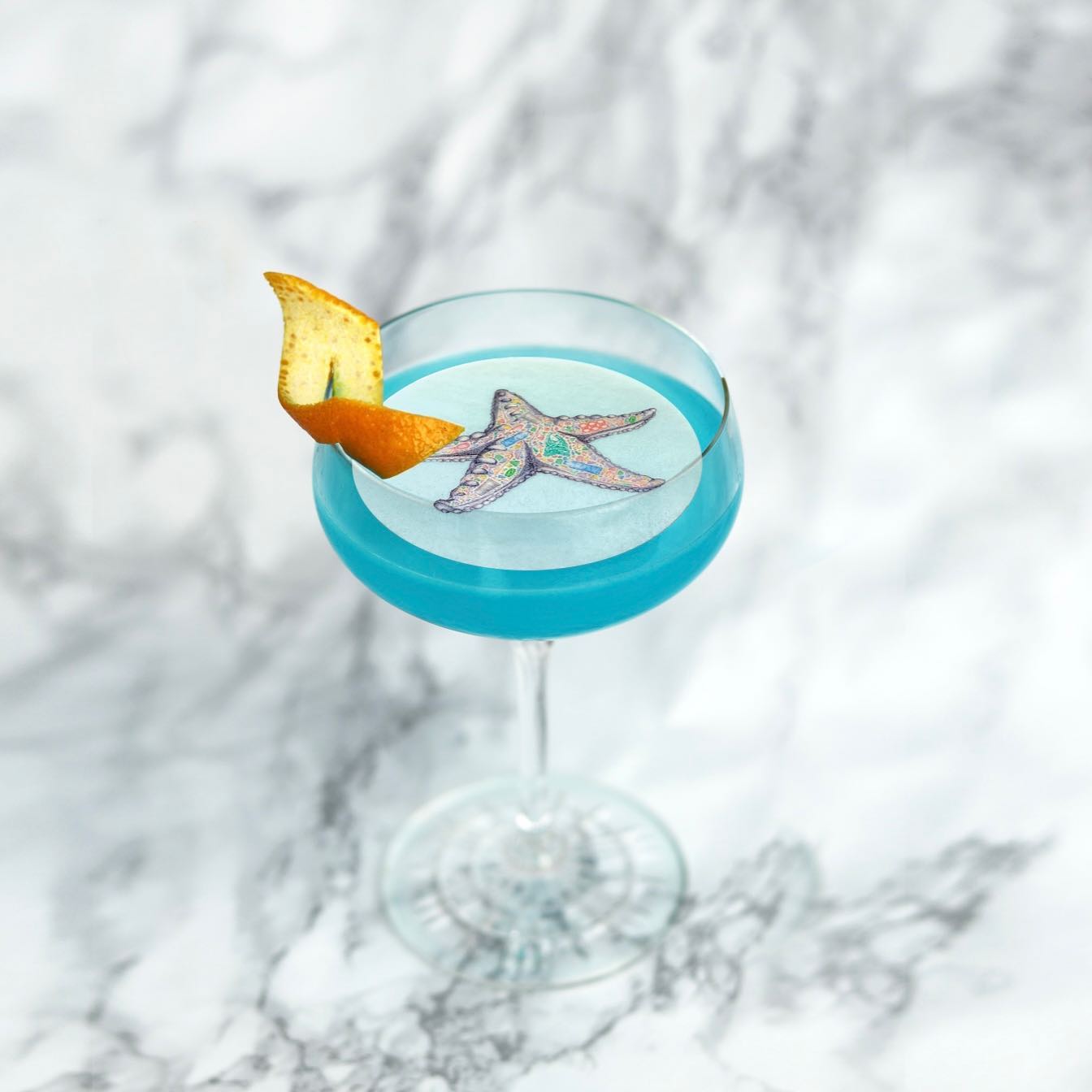
Did you know that the Sea Change wines range includes a duo of exciting, organic wines - the Bobal and Chardonnay in our ‘Sea Otter’ range.
Our wines are produced organically in the Valencia region of Eastern Spain, with grapes native to Utiel Requena.
WHAT IS ORGANIC WINE?

While the specifics can vary between regions and countries, especially when it comes to the use of sulphites and preservatives, the standard principles of organic winemaking are broadly accepted by all. To be considered organic, the process for making wine must not include:
- Herbicides and chemical pesticides, fertilisers, or fungicides
- Grapes that are genetically modified or enhanced
THE SEA OTTER RANGE - BOBAL

Dating back as far as the 7th century, Bobal wine is made from a distinctive, dark-skinned grape variety. You may have previously tasted Bobal grapes as they have been used consistently and still are in large scale demand for many popular blends. Bobal is the ‘little black dress’ of grapes. It’s simple, versatile, enduring and always in style.
Following the rise of Tempranillo and Rioja, the Bobal grape has risen back to prominence in the Valencia region since the turn of the millennium. The reason for this is simple - the grapes are more naturally suited to the intensive heat and dry climate.
The result is a fruity gentle red, dark in colour, with a silky texture.
Often characterized with complexed flavours and fruits like cherries, blueberries, plums, and even chocolate, Sea Change’s Organic Bobal has already been awarded a maximum of five stars in the Harpers Wine Awards 2022 and been highly commended by Vivino!
THE SEA OTTER RANGE - CHARDONNAY

The heat and the dry weather of eastern Spain, accompanied by the cooling breezes of the Mediterranean Sea, makes Valencia the perfect region to grow Chardonnay.
Like all good Chardonnays, the grapes are picked at an advanced point of ripeness and late in the season to ensure that the wine retains the essential acidity and crispness that are the signature of a Chardonnay.
Sea Change Organic White is a well-balanced Chardonnay with notes of stone fruits and apples, and is the ideal accompaniment to the Paella that the Valencia region is most famously known for.
This is not the oaky wine that is associated with Australian Chardonnay, but a much lighter, more crisp drink – perfect for almost any occasion!
OLD WORLD, NEW WINE REGION
Although they’ve produced and drank wine in Valencia since the dark ages, there is currently a renaissance of grapes in eastern Spain. There is now a growing appreciation for Valencia as a wine region.
It’s a reputation well-earned given that the locale is more well known for its seafood. The world-famous prawns, fish, and shellfish delivered daily to Spain’s third-largest port make the ‘Communidad’ a custodian of the national dish, Paella.
However, the western (inland) reaches of Valencia are where the story of organic winemaking really starts. Though the entire region is deemed to have a Mediterranean climate, the areas away from the coast are entirely more continental.
The intensive heat and long dry seasons, plus broader diurnal swings, combined with the diverse soils comprised of sand, limestone and clay make great growing conditions for grapes.
It is, however, the organic practice of growing them that really makes them perfect.
AN ORGANIC EXPERIENCE FROM THE EARTH UP

With the more recent resurgence of local winemaking, growers have built an organic viticulture process which encourages native fauna and flora to thrive, enhancing the grapes and benefitting the natural environment.
Growers adhere to the strict guidelines that certify an organic wine. There’s no added chemicals or manipulation in the winemaking process from soil, through process, to bottle - simple!
Best of all is the news that wines made naturally have extremely low sulphites and have a higher concentration of antioxidants, which is good news for wine lovers.
ORDER NOW





